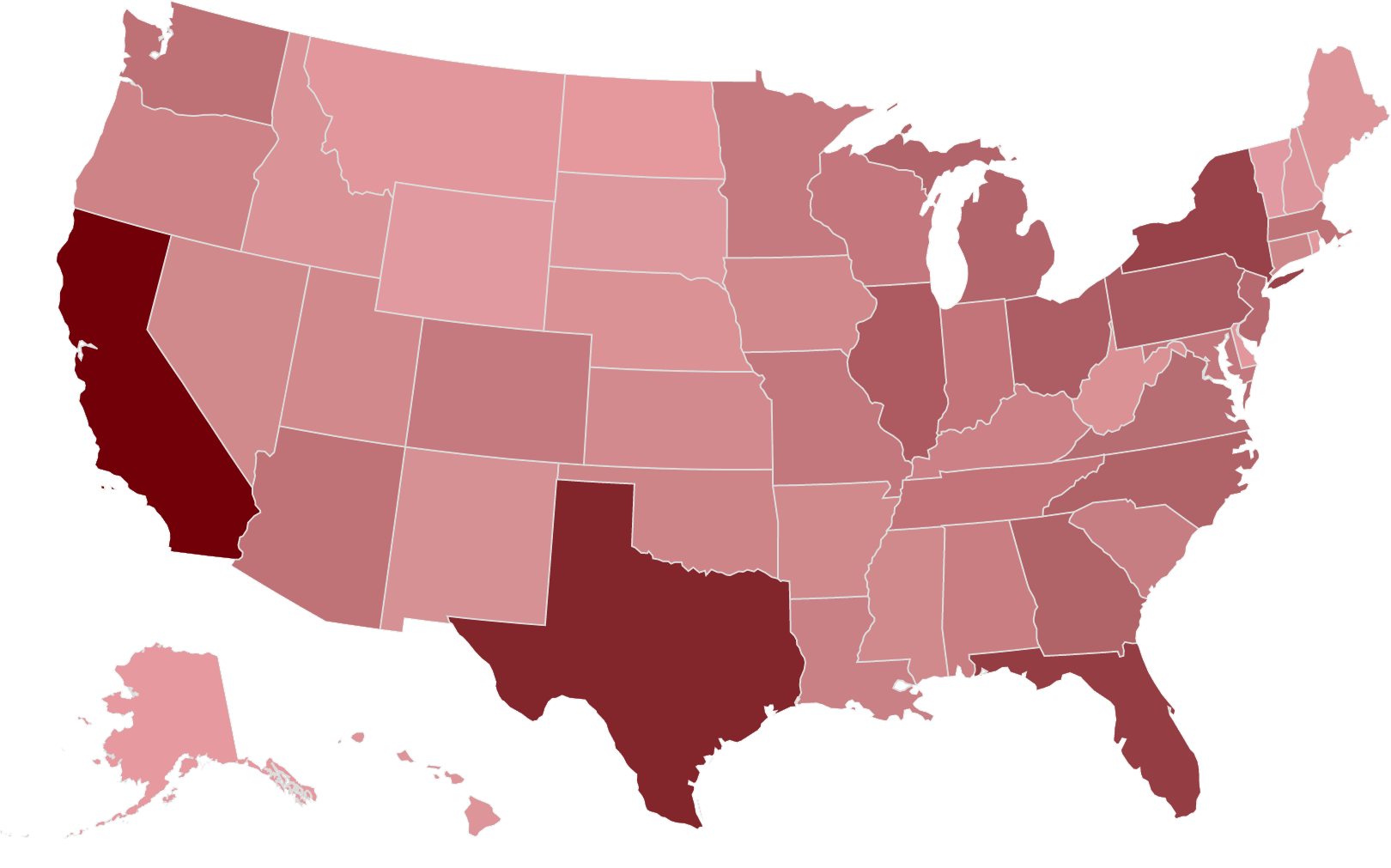Stay Up-to-Date With COVID-19 Information
If it feels like information on COVID-19 is constantly changing, you’re not wrong. With new outbreaks of the virus worldwide, updated bivalent booster shots, and recommendations on masking changing every few months, it can be overwhelming to keep track of all the details.
That’s why AIDS Healthcare Foundation (AHF), a public health organization and the largest HIV/AIDS nonprofit in the world, is making it easy to get the information you need to stay safe.
Should You Get a Bivalent Booster Shot?
The updated (bivalent) boosters are called “bivalent” because they protect against both the original virus that causes COVID-19 and the Omicron variant BA.4 and BA.5. Some people think they are protected from COVID-19 because they’ve already had it or have received the first doses of the vaccine. This is not true. Your antibodies fade over time, and you should get the bivalent booster shot to help protect yourself and your loved ones.
The bivalent booster shot is meant to protect you from hospitalization and death. If you get COVID-19, having the bivalent booster will significantly reduce your chances of both. Right now, the benefits of receiving a COVID-19 booster shot greatly outweigh any possible side effects.
Where can I get a bivalent booster shot? Find a vaccination location
center near you today.

The Benefits of Bivalent Boosters
There are many important reasons to get a booster shot. We now know that immunity from your first vaccination dose or doses does wane over time, as do the antibodies from having COVID-19.
The CDC recently published a study showing how a person with the bivalent booster was 84% less likely to be hospitalized for COVID-19 than those who were unvaccinated and 73% less likely to be hospitalized than those who received two or more doses of the monovalent vaccine.
The long-term effects of COVID-19 are very serious and can be minimized by receiving booster shots. “Long COVID” symptoms can include mood disorders, nerve pain, blood clotting, fatigue, and many more. For the best protection against these side effects, get your bivalent booster shot today.







